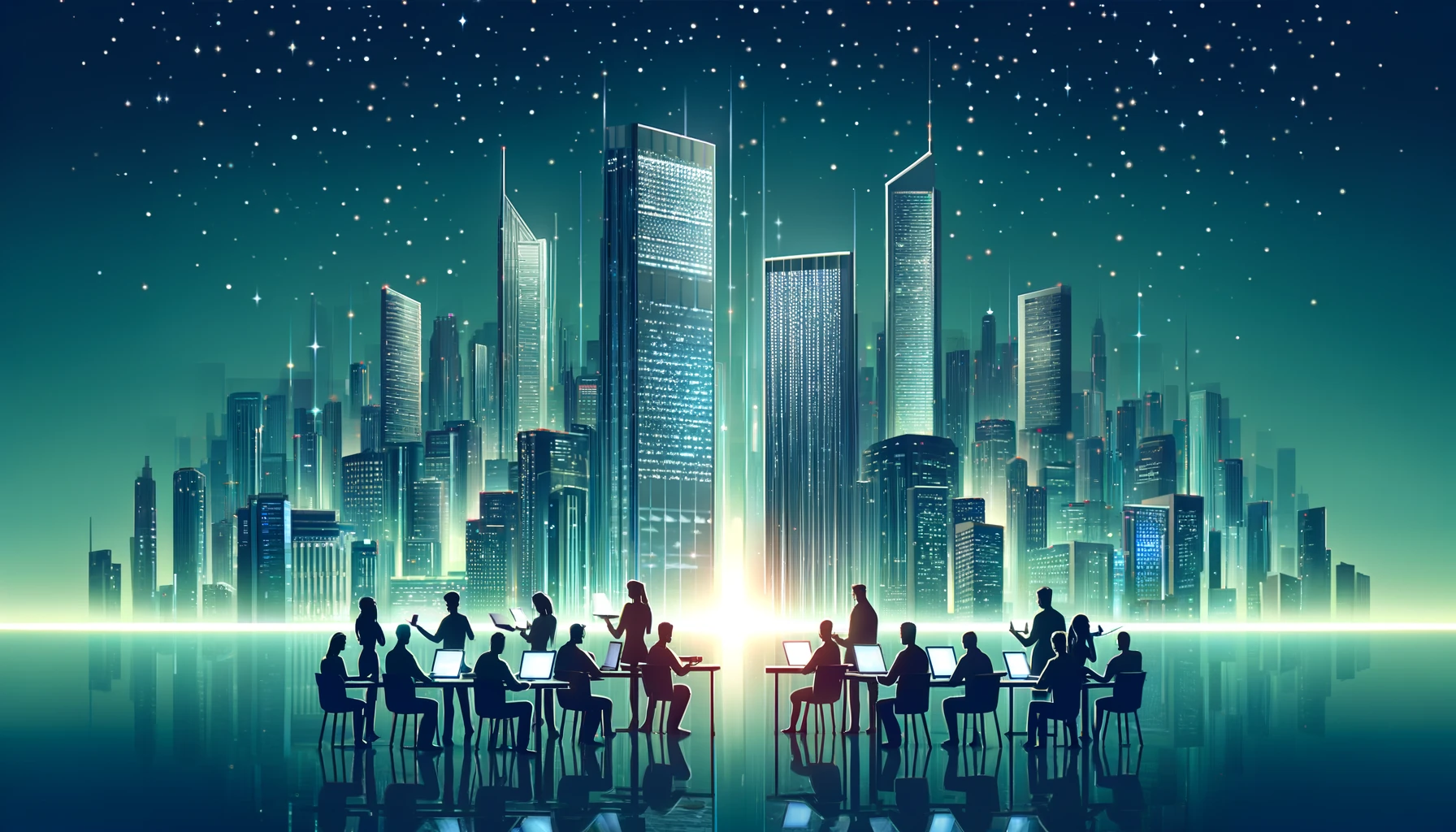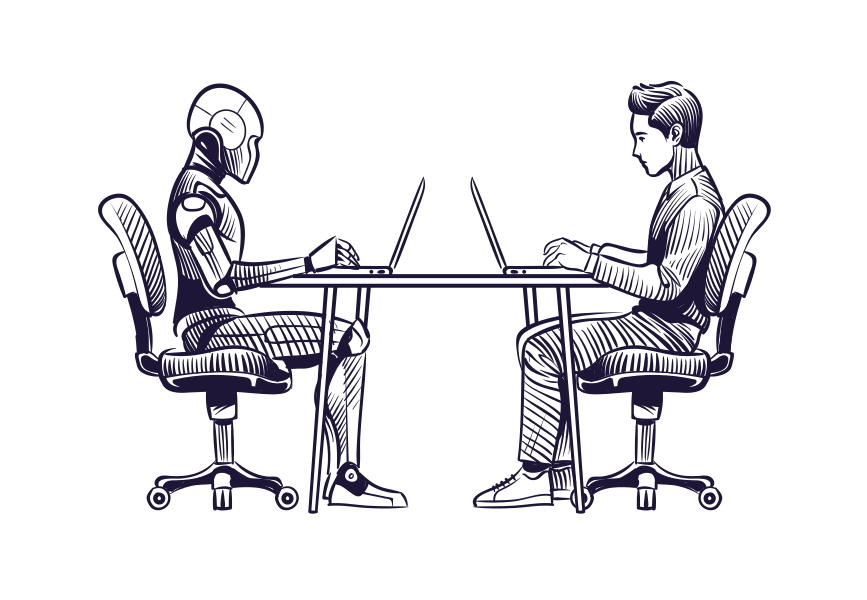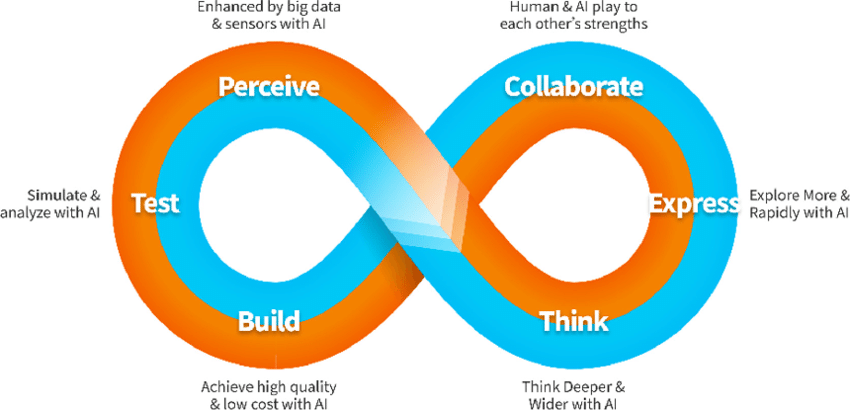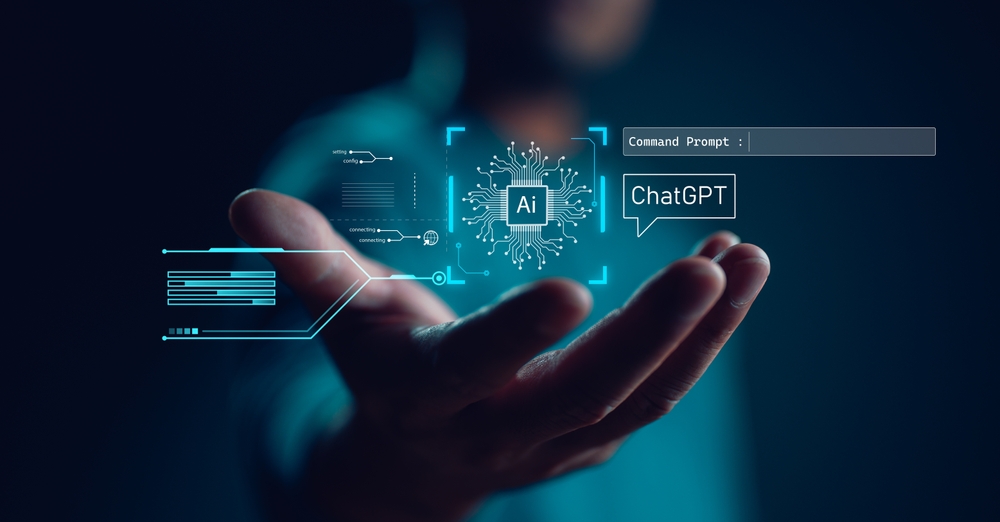Adapting to the Trend of AI Replacing Human Jobs

Table of Contents
In the past, the era where one job could last a lifetime is long gone. With the development and proliferation of AI, the pressure individuals face in their careers will only continue to increase.
Just as the invention of the internal combustion engine led to the complete elimination of countless carriage drivers and horse-training industries in about 10 years, similarly, with the gradual and widespread application of AI technology, tasks that previously required teams of multiple professions can now be handled by a single individual.

AI is Replacing Whose Jobs 🤖
Firstly, AI has demonstrated strong capabilities in many fields, particularly in tasks involving repetition, prediction, or large-scale data processing. For example, in manufacturing, AI can automate production lines to enhance efficiency; in finance, AI can be utilized for risk assessment and data analysis; in customer service, AI chatbots can handle basic inquiries and issues. These examples indicate that AI can replace humans in certain specific tasks.
In industries with a lot of manual work and data processing, AI is gradually taking over tasks that are simple and repetitive. This means these tasks can be done faster and more efficiently by AI, leading to them being replaced. However, as AI takes over these tasks, it also creates new job opportunities in new areas.
The rise of new technologies can eliminate certain jobs while creating new ones, and artificial intelligence follows this pattern.For example, ETC systems at high-speed toll stations are gradually replacing many manual toll collector positions, yet simultaneously creating new positions for operation and maintenance; similarly, automated sorting machines in the courier industry are replacing manual sorting, while also generating demand for new operator positions.
The development of AI is an inevitable trend. Using AI not only enhances work efficiency but also reduces costs, making many tasks that once required human labor effortless. However, this does not mean that artificial intelligence will completely replace human jobs.
Key Takeaways on Industries Facing Severe AI Disruption
- Customer Service — Automation of call centers, clerks, and online chat is projected to expand rapidly
- Manufacturing & Assembly — Factories and warehouses primed for an automation surge by 2034
- Transportation — Autonomous vehicles to disrupt trucking, taxis, transit and delivery driving jobs
- Administrative Work — Data processing and clerical roles also facing upheaval
- Finance — Algorithmic trading and research automation putting pressure on analysts
- Sales — Lead gen and analytics automation may shrink junior rep roles
- Legal — Contract and IP review ripe for automation but strategic law safer
- Programming — AI code generation and system management disrupting coder jobs
- Hospitality — Intelligent coordination replacing staff across restaurants and hotels
- eCommerce — Automated inventory and cashier-less retail ahead
- Insurance — Underwriting and claims poised for workflow automation
- Government — Policy and elected roles safer but bureaucracy ripe for efficiency gains
- HR & Recruiting — Resume review and retention modeling being automated but strategy roles safer
- Accounting — Transaction processing automation may displace clerks and bookkeepers
The common theme is jobs focused on emotionally intelligent strategy and creativity seem safer long term. But those centered around data processing, predictions, communications, and transactions face rising uncertainty.
As Technology Advances, so Must People 🚀
The growth of AI will lead to new job opportunities. As AI becomes more common, there will be a need for more people to work on developing, maintaining, and managing these systems. So, while AI might change some jobs, it will also create new ones.
In recent years, news of layoffs in large companies has been constant, and various industries are becoming increasingly competitive. With the emergence of ChatGPT, the internet industry and computer-related positions are particularly affected. The technology in the computer industry iterates more rapidly, requiring practitioners to continuously learn and update their knowledge. This is an era that highly values efficiency. While you may be slowly studying and gaining experience, machines might surpass you in a step.
The widespread application of artificial intelligence also indicates that more and more enterprises will need to leverage large models to empower their businesses, making programmers who possess skills in developing AI large models more popular, thereby creating a gap between them and ordinary programmers.
The Advantages of Human-AI Collaboration
- Enhancing productivity. AI can automate repetitive and mundane tasks, freeing up human time to focus on more complex and strategic activities that benefit both business interests and personal and professional development.
- Improved decision-making. By leveraging AI-generated insights and recommendations, humans can make more informed and data-driven decisions. AI systems can analyze vast amounts of data quickly, identify patterns, and provide objective information to support decision-making processes.
- Continuous learning. Human-AI collaboration contributes to iterative learning cycles. Humans can train and fine-tune AI models over time by providing feedback and correcting errors. This enhances the accuracy and performance of AI systems and allows them to adapt and evolve.

AI is Difficult to Completely Replace Humans 💡
Artificial intelligence has surpassed humans in many aspects, but it still cannot completely replace humans. AI lacks human creativity and imagination. It can only work according to preset programs and algorithms, unable to think about problems from multiple perspectives or propose new solutions like humans. AI also cannot understand complex emotions and interpersonal relationships like humans. In many jobs, the ability to handle emotions and interpersonal relationships is crucial.
How should we respond to the rise of AI? I believe that we should embrace this change actively and continuously improve our skills and qualities. We can learn more about AI and how it works, which helps us cooperate with it better. Also, we can nurture our creativity and improve our skills to fit into future jobs.
The rise of AI is an irreversible trend, but we do not need to overly worry about it completely replacing human jobs. As long as we actively respond, continuously learn, and improve ourselves, we will surely find our position and value in this transformation.

Discover Your Perfect Match with Jobright: Where AI Enhances, Not Replaces, Human Potential
In the dynamic job market, Jobrught is your trusted companion, using AI to streamline your search for the perfect career fit. Unlike the fear of AI replacing human jobs, Jobright.ai empowers your unique skills and experiences.
At Jobright, we believe that AI is a tool meant to augment human capabilities, not supplant them. Our cutting-edge technology calculates the compatibility between you and job openings, providing invaluable insights into your potential matches. But that’s just the beginning.
With Jobright, you can seamlessly tailor your resume to match the specific requirements of each position, ensuring that you always put your best foot forward. Gone are the days of endless tweaking and guesswork – let Jobright.ai handle the details while you focus on showcasing your talents.
Join the revolution in job search technology with Jobright.ai, where AI is not your opponent but your greatest ally in unlocking new opportunities and realizing your full potential.

